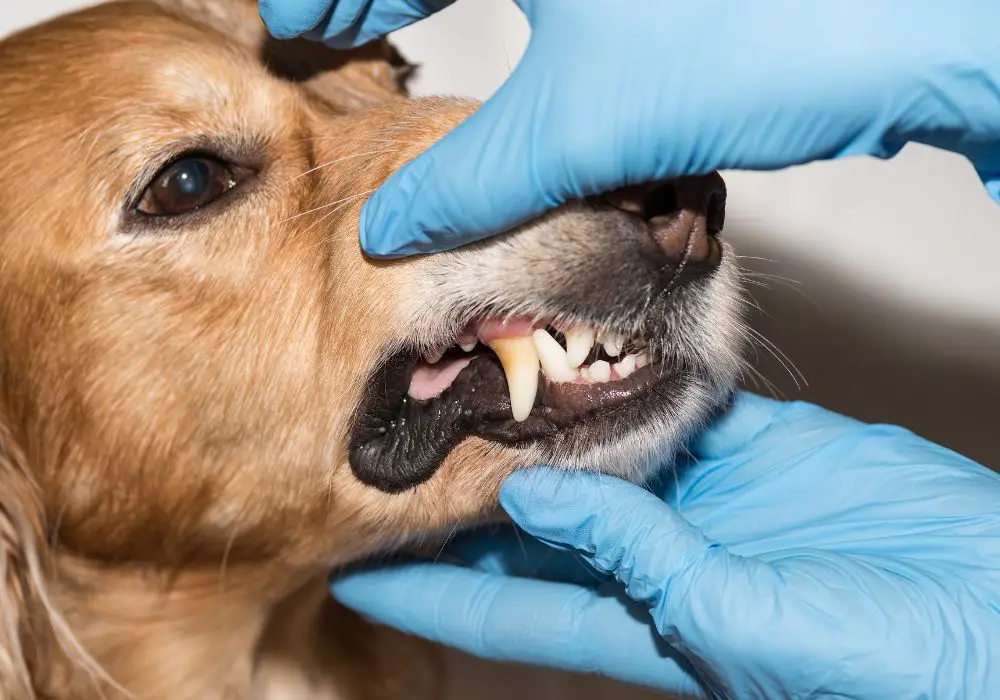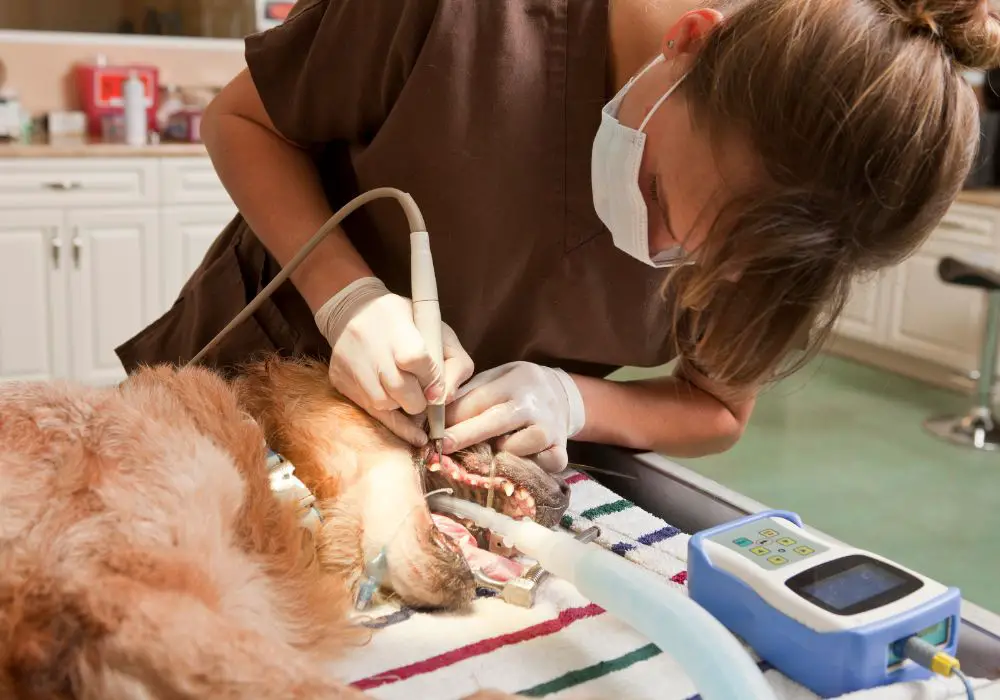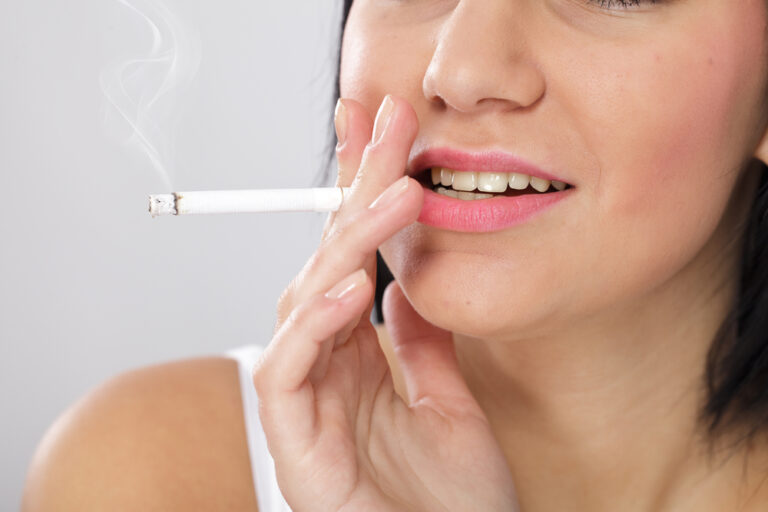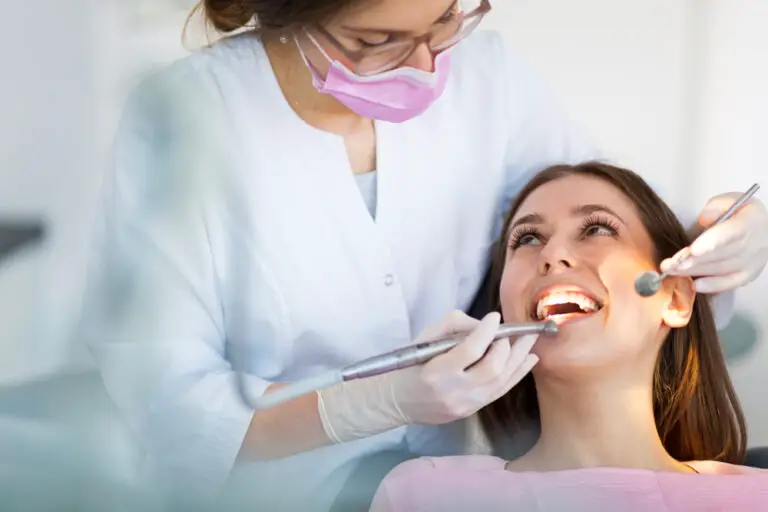Have you noticed a plaque in your canine’s teeth? Or did your dog just have his first dental cleaning session? If yes, then you must be wondering about how often this will happen.
Dog dental services aren’t cheap in the US. A simple routine checkup costs anywhere from $50 to $300. And if you go for a complete dental cleaning session, expect to pay up to $800. That’s a lot!
So, in today’s post, we will help find your answer to the question – how often do dogs need dental cleaning? This will not only give you a better understanding of your pet’s needs but it will also make finance management easy. Let’s get started!
Why is Dental Cleaning Important for Dogs?

We, humans, brush and floss our teeth daily. Yet still, we visit the dentist every month for checkups and professional cleaning.
Why do we do that? To maintain our oral health!
It works the same for dogs. These canine fellows use their teeth to eat and explore the world around them. This makes their teeth 10x more likely to catch infections. Even if you brush their teeth regularly and offer them dental chews, the teeth will still get damaged.
And a dog with tooth problems can’t eat or drink properly. This leads to weight loss, fatigue, depression, and overall poor health.
So, it doesn’t matter how well you take care of your pet’s teeth at home – if you want it to live a happier and healthier life, you must get its teeth professionally cleaned!
Oral Health Problems in Dogs
Dogs will start developing serious dental issues – if you don’t take them for professional cleaning by their third year. Here’s a brief overview of these problems:
1. Tooth Decay
Similar to humans, dogs can experience tooth decay. It happens when plaque builds up on teeth and bacteria enter the mouth. It reacts with plaque and produces corrosive acids that erode the tooth enamel (the outermost protective layer of the teeth).
If teeth aren’t cleaned for a long time, the bacteria will continue eroding the teeth until it will form a huge cavity and infect the root pulp. This can lead to infections.
2. Periodontal Disease
This is one of the most prevalent dental issues in dogs. It occurs when plaque and tartar collect on the adult teeth and trigger an infection. If left untreated, it can progress to periodontitis – which can cause damage to the supporting structures of the teeth.
3. Abscesses
An abscess refers to a red, swollen bump on the gums or in a tooth. It is triggered by a bacterial infection and can be very painful. If your dog has an abscess, it should be drained immediately because the abscess doesn’t stop – only spreads further into the mouth.
4. Halitosis
A lack of dental cleaning can result in persistent bad breath in dogs. It is often caused by the collection of bacteria, food particles, and plaque in the mouth. Bad breath can also be a sign of underlying dental issues that need attention.
5. Gingivitis
Gingivitis refers to gum inflammation. It causes redness, swelling, and tenderness in the dog’s mouth. If not addressed, it can progress to more severe gum disease and impact the overall health of the dog.
How Often Do Dogs Need Dental Cleaning? 3 Factors

Generally, veterinarians suggest that all dogs should have professional dental cleaning once a year. But, depending on a few factors, this frequency can vary. Let’s have a look at each of them in detail!
1. Breed
Surprisingly, the type of breed does not only affect the appearance, personality, eating habits, and average lifespan of your dog. It also influences the dental health of your pooch.
Small dog breeds (like Chihuahuas and Shih Tzus) are more prone to dental issues than larger ones. This is because as they mature, teeth grow to reach the standard size but their mouth remains small. So, the teeth have no space to adjust properly.
The overcrowding creates the perfect situation for food particles and bacteria to hide in between teeth gaps – leading to plaque and tartar build-up. Things get more complicated in small dog breeds (like Yorkies) that don’t lose their baby teeth easily.
Another problem with dogs, who have small faces and noses, is they are likely to have naturally deformed teeth. They are also susceptible to shallow tooth roots and misaligned jaws. This allows bacteria to collect in crooks and corners.
Comparatively, larger breeds don’t have many dental problems. But since they exert stronger bite force and try chewing everything, their teeth break a lot. Still, your little pooch may need more dental cleanings in a year than your huge canine friend.
2. Age
Similar to us, the oral health of dogs deteriorates with time. The tartar and plaque buildup encourages bacteria to settle down – which attacks the tooth and gums. This leads to tooth decay and infections.
So, adult senior dogs require more frequent dental cleaning than younger ones. It is especially true if your dog has a history of dental issues. If it experienced an infection, tooth loss, or physical trauma earlier in life, the deterioration will occur at a faster rate.
However, please note puppies have very healthy teeth and don’t need professional cleaning at all. Veterinarians recommend getting your dog its first dental cleaning session at the age of 2.
3. Routine
The dog’s dental care routine also matters a lot. If you brush your dog’s teeth regularly with an enzymatic toothpaste and provide a healthy diet, your furry pal should only need one professional cleaning in a year (after the age of 2).
But, if you never took care of its teeth and didn’t offer chewing toys either, the teeth will develop serious issues at a young age. You will have to take it for dental cleaning sessions frequently to restore oral health.
Are There Any Complications from Dog Dental Cleaning?

Dog dental cleaning doesn’t have many complications. But, considering the process involves the use of anesthesia, it can cause a few problems:
1. Anesthesia reactions
Dogs who are allergic to anesthesia may experience shocks. They will also exhibit hypotension and an abnormal heartbeat. All of this can be monitored through technology, so the dog can be helped in case of an anesthesia reaction.
2. Low body temperature & blood pressure
Low blood pressure (also called hypotension) and low body temperature are both witnessed in senior dogs. They don’t have the strength or stability to deal with anesthesia allergy and stress – which triggers these conditions and may send them into a shock.
3. Compromised Organ
If a canine already has issues with an organ (like the liver and kidneys), this information should be communicated with the vets. This will help the vet avoid sedating these organs or affecting them in any way. As a result, your pup’s dental cleaning will be completed without complications.
4. Acidic burns in Eesophagus
OEsophagus is the food pipe through which food travels from our mouth to the stomach. When the dog is sedated, the gastronomical walls relax and the acid will pour into the pipe. This causes a burning, painful sensation.
The dog might vomit too. In fact, the longer the canine vomits, the worse the condition will become. So, the vet will control it by injecting medicinal substances that will lessen the vomiting and protect the stomach.
FAQs

1. How long does a dog teeth cleaning last?
Generally, a dog teeth-cleaning session lasts 1 to 2 hours. But the exact time depends on the dental condition. If a dog has severe plaque buildup, the cleaning will last longer.
2. When should your dog have his first dental cleaning?
A dog should have his first dental cleaning session when it’s at least 2 years old. Before that, the dog usually has very healthy teeth and no significant plaque buildup. But if you notice any signs of dental disease, consult the vet immediately.
3. Does dental cleaning help dogs live longer?
Yes, dental cleaning helps dogs live longer by keeping their teeth healthy and strong. When their oral health is good, they can eat easily and maintain proper nutrition intake – hence, helping them live longer.
4. Is dog dental cleaning worth the risk?
Absolutely! A professional vet will thoroughly clean your dog and inform you about any other potential dental issues. You can’t do all of this at home – without proper tools and knowledge.
5. Why is dog dental cleaning so expensive?
Professional teeth cleanings for dogs are expensive because it requires lots of advanced tools and dental exams. However, it’s totally worth it since your dog will get to live a better life.
Summary
All in all, dental cleaning for dogs is very important. It removes harmful bacteria and stuck food particles from their teeth. As a result, their teeth stay safe from potentially fatal infections and diseases.
So, how often do dogs need dental cleaning? A healthy dog should get dental cleaning only once a year. However, if the dog belongs to a smaller breed, is old, or doesn’t receive good dental care at home, the cleaning sessions will be more frequent.
We hope this article has helped resolve your queries. But if there’s still something doubtful, drop us a message in the comments below. We’ll love to help you out!







